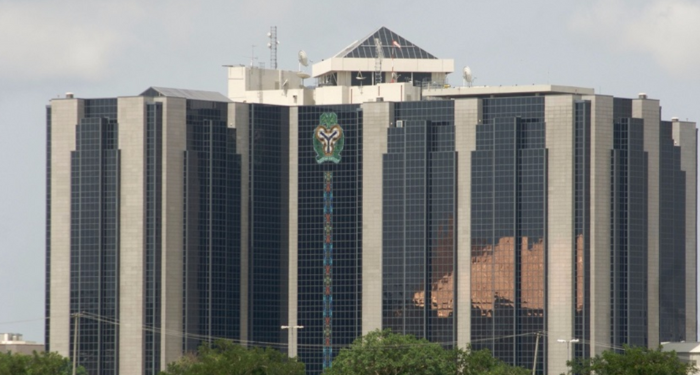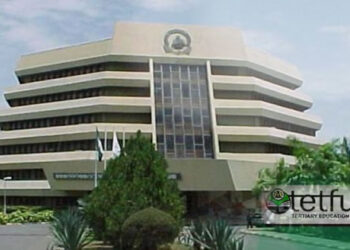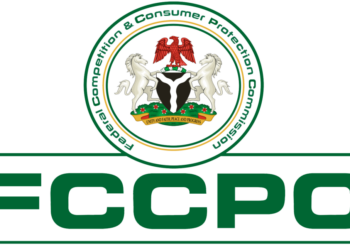The Central Bank of Nigeria’s (CBN) decision to maintain the Monetary Policy Rate (MPR) at 27% has intensified debate across the financial and business community, with several analysts warning that the prolonged tight stance could weaken economic growth in the coming quarters.
While the apex bank insists that elevated interest rates remain essential for controlling inflationary pressures, experts argue that the cost of continued tightening may now outweigh the benefits—particularly for the productive sector and small businesses.
Announcing the decision at the end of the 303rd Monetary Policy Committee (MPC) meeting, CBN Governor Olayemi Cardoso emphasised that price stability remains the institution’s overriding objective.
He noted that inflation, though moderating gradually, is still too high to justify a policy shift toward easing.
Missed opportunity to support expansion
However, the CEO of the Centre for the Promotion of Private Enterprise (CPPE), Dr. Muda Yusuf, expressed concerns over the decision.
According to him, the MPC meeting offered a chance for the CBN to send a positive signal towards growth recovery, an opportunity that was not taken.
“A marginal reduction of 25 to 50 basis points would not have jeopardised price stability but would have provided breathing space for businesses. By holding at 27 percent, the CBN risks prolonging the credit crunch affecting the real sector,” Yusuf said.
He noted that Nigeria has achieved “some degree of macro stability,” arguing that it is time to begin a gradual transition toward growth-supportive policies.
Beyond growth concerns, analysts are also questioning the widening gap between Nigeria’s inflation rate—hovering around 16 percent—and the 27 percent benchmark interest rate.
CEO of Kwik Consulting, Thomas Amusan, described the gap as “economically distortive,” warning that lending conditions will remain harsh unless the stance is adjusted.
“A 10-percent spread signals misalignment. It means cost of capital will stay abnormally high, choking productivity,” he said.
Amusan believes this misalignment discourages private investment while incentivising financial institutions to prioritise government lending, where returns are more predictable and risks lower.
SMEs face intensifying credit pressures
The impact of the high-rate environment is already being felt most acutely by SMEs, which account for 96 percent of Nigeria’s businesses. With commercial lending rates currently ranging from 33 to 45 percent, many small firms say they are unable to borrow at sustainable costs.
Ms. Sharon Nwosu, CEO of a manufacturing outfit in Abuja, described the pressure as “crippling.”
“At 35 to 40 percent interest rates, expansion is impossible. We have reduced production volumes and postponed new investment. The policy is slowing growth for businesses like ours,” she said.
Her concerns align with broader fears that a prolonged tightening cycle could undermine job creation, weaken industrial output, and slow economic recovery.
CBN is prioritising stability over growth
However, some economic analysts suggest that the CBN is opting for caution, adopting a measured and risk-averse approach in the face of volatile macroeconomic indicators.
Dr. Hassan Oyeleke, a macroeconomic analyst, noted that Nigeria’s inflation dynamics leave the central bank with little flexibility.
“Given Nigeria’s inflation trajectory, lowering the MPR now could worsen inflationary pressures. The priority remains price stability. Once inflation shows a convincing downward pattern, then monetary easing becomes feasible,” he explained.
Oyeleke added that maintaining the rate could reinforce investor confidence, support exchange-rate stability, and provide a clear signal of policy discipline at a time of global uncertainty.
Banks thrive, but private-sector credit declines
The high-rate environment has benefited the banking sector, where net interest margins have expanded sharply.
- However, private-sector lending is losing momentum, raising new questions about the broader economic implications of keeping the MPR elevated.
- CBN data shows that credit to the private sector fell to N72.5 trillion in September 2025 from N75.9 trillion in August. In contrast, government borrowing rose by over N1.2 trillion within the same period, climbing to N24.15 trillion.
- The shift signals an economy where credit is increasingly flowing toward government financing, rather than productive, job-creating sectors.
What you should know
Yesterday, CBN voted to retain the Monetary Policy Rate (MPR) at 27 percent, maintaining its tight monetary stance as part of ongoing efforts to rein in inflation and stabilise the foreign exchange market.
The apex bank also voted to retain Cash Reserve Ratio (CRR) at 45.00% for DMBs, and retained 16.00% for Merchant Banks, respectively.
The CBN left the Liquidity Ratio (LR) unchanged at 30.0% and adjusted the Asymmetric Corridor by +50/-450 basis points around the MPR.
























